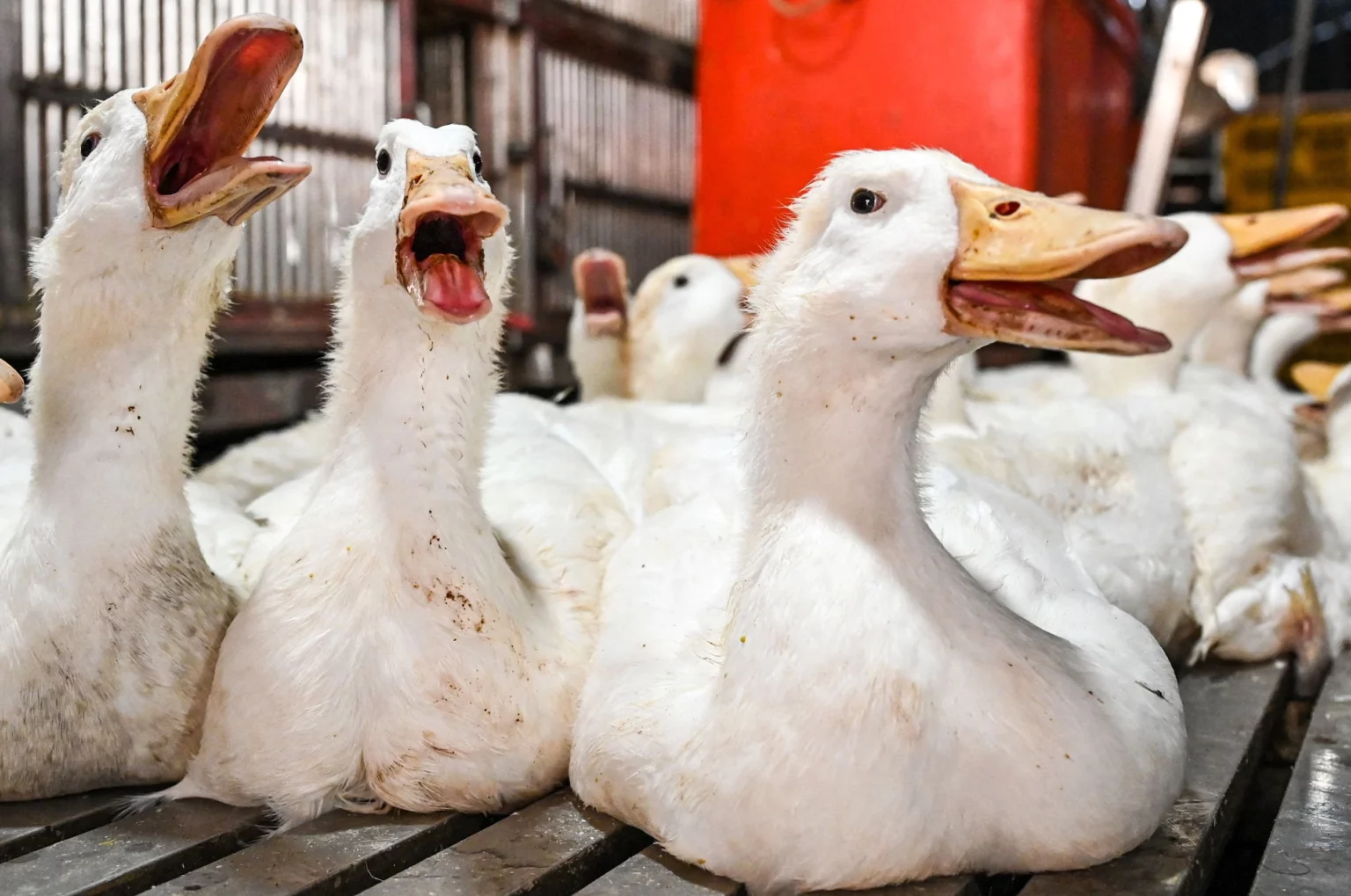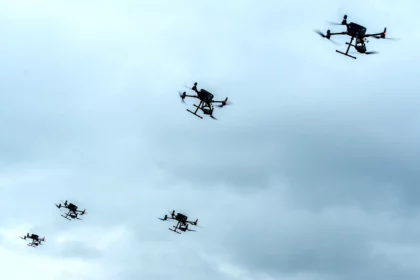On Monday, France began vaccinating ducks against bird flu to attempt and prevent the virus that killed millions of birds around the globe, a step that provoked the United States to set trade restrictions on French poultry imports.
France has been among the nations worst affected by an unparalleled World spread of highly pathogenic avian influenza, generally called bird flu, that has disrupted the supply of poultry meat and eggs and sent prices soaring in many territories of the world in the past years.
The ravages caused by its flocks and worry that the virus could mutate into one transferable to humans encouraged the government to establish the nationwide vaccination campaign, making it the first poultry-exporting nation to do so.
The first shots were provided on Monday morning to ducks on a farm in the Landes, an area in southwestern France, in the sight of French Agriculture Minister Marc Fesneau.
Producers said, in total, some 64 million ducks will have to be vaccinated over a year for a total cost of 96 million euros ($102 million), of which 85 percent will be financed by the state, producers said.
CIFOG, duck and fois gras makers group said in a statement, “This vaccination plan … is a world first: its goal is to protect all farmed birds and should put an end to the preventive slaughter of animals, which no one wants to live with anymore.”
More and more governments have been looking at vaccination as a way to hold the highly contagious bird flu. However, trade obstacles such as vaccination can make large poultry exporters reluctant to vaccinate their birds.
The US initiated restrictions on imports of French poultry beginning October 1, quoting a threat of introducing the virus into the nation.
The US Department of Agriculture (USDA) said on Friday that vaccinated birds may not show symptoms of infection, meaning it is not possible to specify whether the virus is in a flock.




